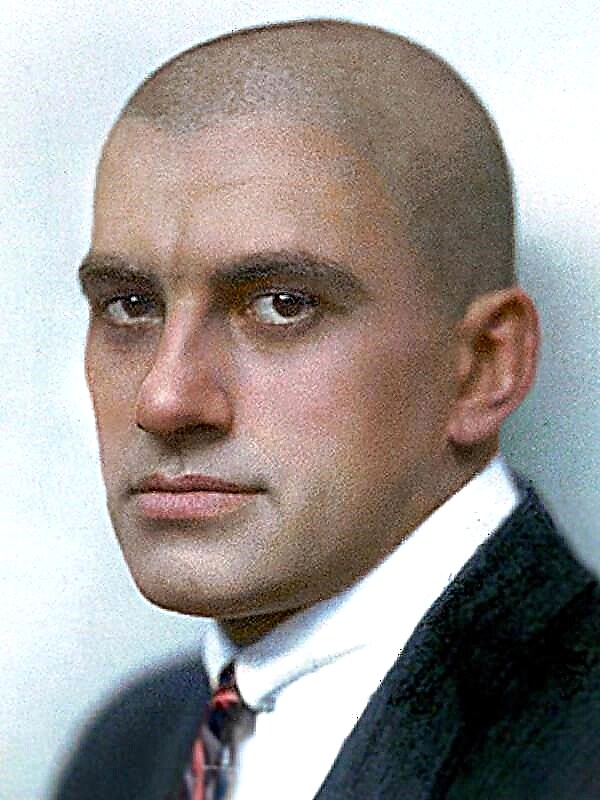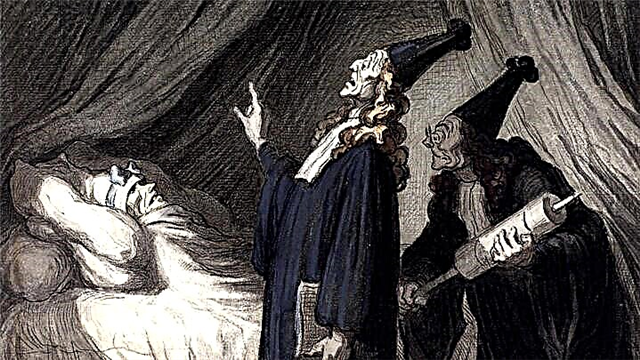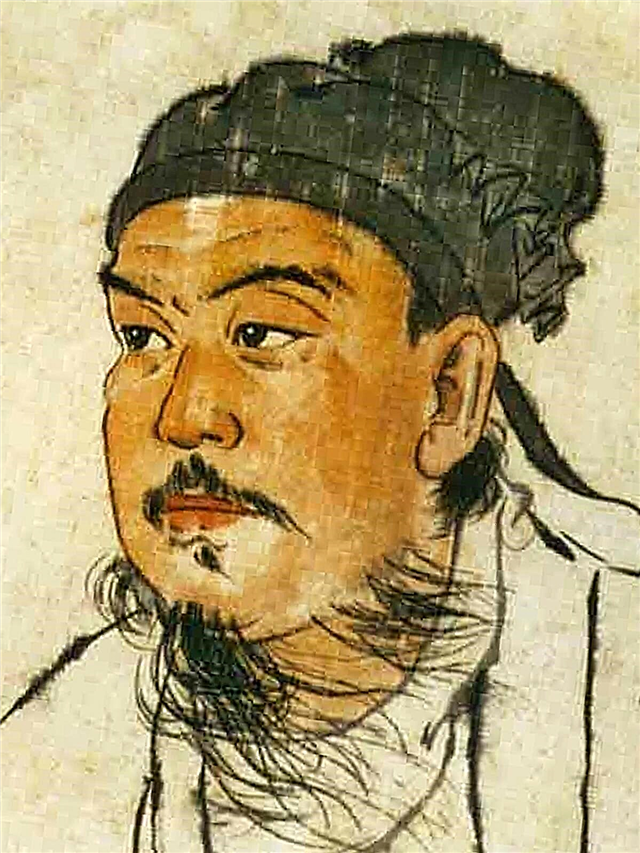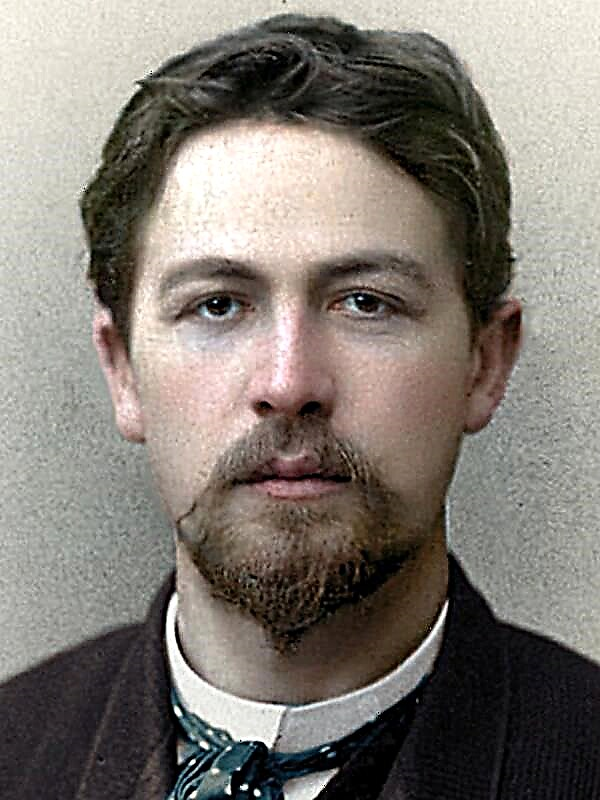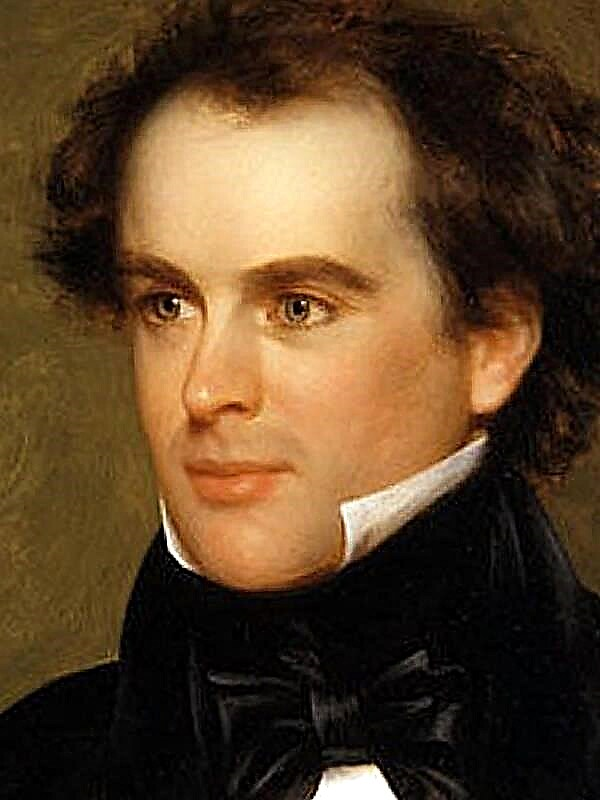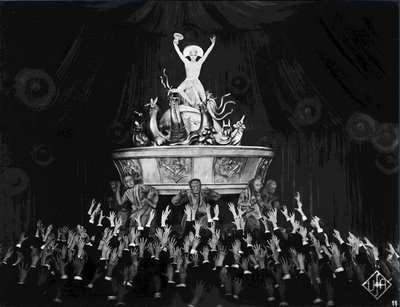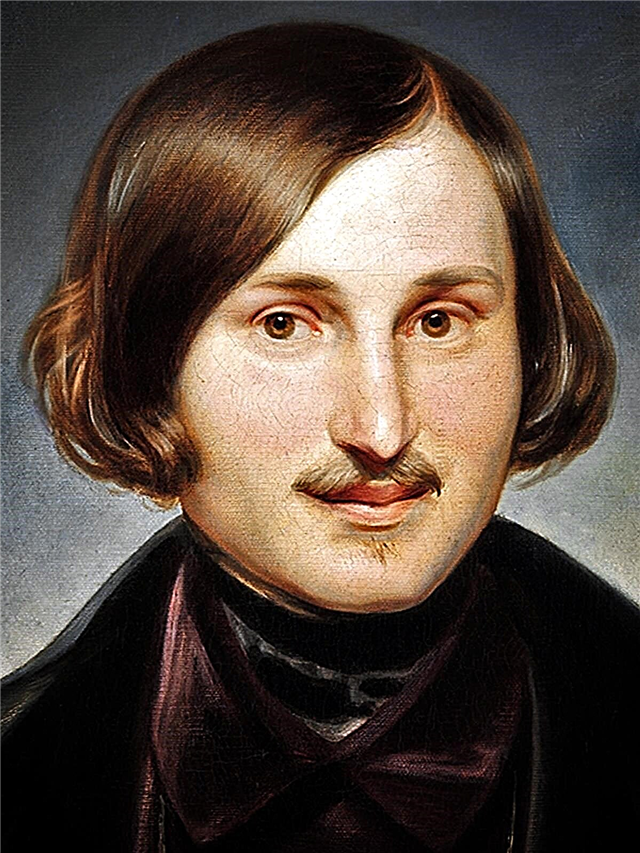A special place in the work of Alexander Sergeyevich Pushkin is occupied by poems dedicated to the beauty of native nature. From childhood, the poet was imbued with love for his native expanses and later captured it in his works with the ardor of a true patriot. The poem "Winter Morning" is familiar to the reader even from the school curriculum - it is one of the most expressive and vivid Pushkin's creations about winter. The author draws the triumph of a winter morning, conveys the cheerful mood of a person who enjoys the beginning of a new day.
History of creation
Pushkin wrote a poem in just one day - November 3, 1829, when he was visiting a family of friends in the village of Pavlovsky in the Tver province (the estate of P.I. Wolfe) on his way to St. Petersburg. The estate is located on the right bank of the Darkness River, which is described in Pushkin's “Winter Morning”. It was this river, sparkling under ice, and it was Pavlovsky transparent forest that inspired the poet to such a colorful description of the winter landscape.
There are two heroes in the poem: the lyrical hero and the beauty to whom he addresses his dialogue, calling her “lovely friend” and “sweet friend”. Whom “Winter Morning” is dedicated to is a moot point, but many literary critics and critics agree that Pushkin probably wrote it for his beloved wife, Natalya Nikolaevna Goncharova.
Genre, direction, size
The poem is traditionally attributed to the genre of landscape lyrics. The very name itself conjures the reader with images of Russian nature and a forest strewn with snow. Here, Pushkin acts as a realist poet - the images he describes are concrete and capture ordinary, familiar phenomena. Before us is a magnificent picture of a typical Russian winter, through which the internal state of the lyrical hero is transmitted.
Particularly melodic is given to the work by the favorite size of Alexander Sergeyevich - the four-foot iambic. In addition, the poem is written by the so-called mixed rhyme (AABSSV), in which the female rhyme (first, second, fourth and fifth lines) is diluted with the male (third and sixth lines). Such a construction of the stanza allows the poet to emphasize the ease of the poem.
Images and Symbols
From the first sentence “Frost and the sun; wonderful day! ” nature acts as the main character of the poem, and all the images and symbols are inextricably linked with the motive of a winter morning, joyful and clear.
In the first sixth picture is a picture of a frosty morning, full of the triumph of life and light. The lyrical hero appeals to his beloved, draws the image of a beautiful, serene, dwelling in the bliss of a dream. He also calls her the "star of the north", and by this romantic image Pushkin means the most beautiful woman in the northern capital of Russia. The author uses the image of Aurora (in mythology - the goddess of the morning dawn) in a common sense, that is, calls it the very morning dawn, because in poetry the representation of Aurora as a symbol of the rising of the sun is very common.
The following is a description of a rainy evening preceding a clear morning: the moon shines in the sky - a symbol of loneliness, which is surrounded by an evil blizzard, a cloudy sky, a gloomy and sad beauty. But here the lyrical hero again depicts a festive winter morning, images of a river and a forest appear - all these colorful descriptions of the landscape are not just a background, through these images the inner world of the hero is revealed.
Nevertheless, the pictures of nature are replaced by the charm of rural life: now the "flooded stove is cracking with a merry crack", a stove bench, and an amber shine, and a brown filly appear. This static picture is smoothly replaced by a more lively, dynamic scene, where the reader sees a new character - the “impatient horse”. His run symbolizes the movement forward, the constant pursuit of life, the endless energy of the surrounding heroes of nature.
Topics
Two themes are closely intertwined in the poem - the theme of love and the theme of the beauty of nature. The lyrical hero wakes his beloved so that she sees the fleeting charm of a winter morning. Thanks to the appeals in the first stanza, we understand that the hero treats his beloved with all tenderness and trepidation.
But the main theme of the poem is a description of a sunny winter morning. Pushkin paints a snowy landscape with his inherent optimism and love for all living things, and even the harsh Russian winter does not scare the hero - he wants to enjoy this frosty morning, because it is his native nature that supports his strength.
Meaning
“Winter morning” is not only a colorful description of the nature and feelings that engulfed the lyrical hero, it contains a much more important idea. In the poem, the poet captures the feeling of fullness and joy of life, the delight of seeing a magical winter morning. Everything is harmonious here, there is no romanticism with its struggle and the challenge of the elements, here man is one with nature and lives with it according to general laws.
The contrast between yesterday's bad weather and a bright morning underlines the elated and inspired mood of the poem. So Pushkin makes it clear that the main idea of the work is that after a storm and a gloom a sunny, clear morning invariably sets in.
Alexander Sergeevich Pushkin in his poem created a truly standard of harmony - a man is one with the world, the sun coexists with frost, bad weather is replaced by a sunny day. The author wanted to convey this philosophical understanding of life to us, because it is much more difficult to enjoy a peaceful frosty morning if there has never been a rainy evening in your life.
Means of artistic expression
The antithesis on which contrast is built in the second stanza gives the poem a special coloring. The lyrical hero recalls yesterday's riot of nature, so now they feel the morning calm more sharply.
The poet expresses the unique beauty of Russian nature with the help of various paths. Positive epithets “lovely friend”, “blue skies”, “magnificent carpets”, “cute shore” evoke pleasant images, resonate with the reader’s soul, while negative and even gloomy epithets “cloudy sky”, “dark clouds” and comparison “ the moon, like a pale spot ”conveys a dreary and gloomy mood.
At the same time, it could not do without a more elegant artistic imagery. The metaphors “closed by the blissful gaze” and “magnificent carpets ... the snow lies” are used by the author to strengthen the images that struck him, but at the same time they are introduced not clumsily, but exquisitely, with the skill of a real poet.
The poem “Winter Morning” is remarkable not so much with symbols and artistic techniques as with the idea embedded in it. Nature takes a leading role in it, and man is in constant interaction with her, because she, like a lyrical hero, like his lover, is alive. The poet “enlivens” her with the personifications “the snowstorm was angry”, “the spruce turns green”, “the river shines”, and the whole picture plays with new colors, because the landscapes are felt as part of a relentlessly moving fast-moving life.

